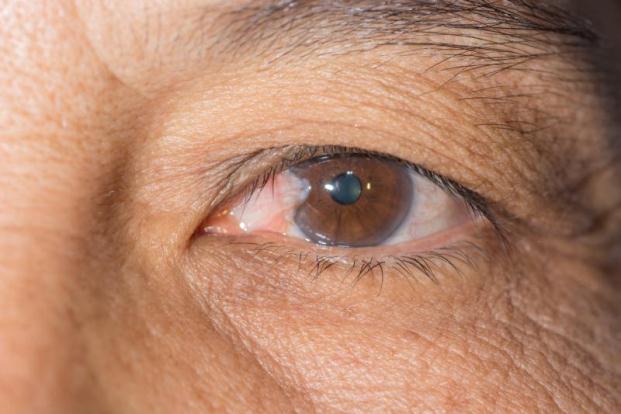What's the difference between Glaucoma and ocular Hypertension?
Apr 19, 2022
Ocular hypertension is when the pressure inside the eye (intraocular pressure or IOP) is higher than normal. Ocular hypertension means there is the increased pressure of the fluid inside the eye. Ocular hypertension increases a person’s risk of developing glaucoma.
Eye pressure is also known as intraocular pressure (IOP) and is used to measure with a tonometry device. Pressure is recorded in millimeters of mercury (mmHg). Normal eye pressure ranges from 10 to 20 mmHg. Ocular hypertension is defined as an eye pressure of greater than 20 mmHg on two consecutive occasions without glaucoma changes being present. Ocular hypertension usually does not have any signs or symptoms. Because you can have high eye pressure and higher risk for glaucoma and it is important to have regular eye exams with your ophthalmologist. The optic nerve is a bundle of more than 1 million nerve fibers. It connects the retina to the brain.
A glaucoma is a group of diseases that damage the eye’s optic nerve and can result in vision loss and blindness. However, with early detection and treatment, you can often protect your eyes against serious vision loss. Glaucoma is a leading cause of blindness for people over 40 years old. But blindness from glaucoma can often be prevented with early treatment.

Causes of Ocular Hypertension
High pressure inside the eye is usually due to problems with production of fluid in the eye – called aqueous humor – or drainage problems with ducts being blocked. If fluid builds up and the natural pressure valves in the eye don’t work, the pressure is put on the optic nerve and can damage it over time.
What Causes Glaucoma?
Glaucoma is an eye disease that can damage your optic nerve. The optic nerve supplies visual information to your brain from your eyes. Glaucoma is usually, but not always, the result of abnormally high pressure inside your eye. Over time, the increased pressure can erode your optic nerve tissue, which may lead to vision loss or even blindness. If it’s caught early, you may be able to prevent additional vision loss.








